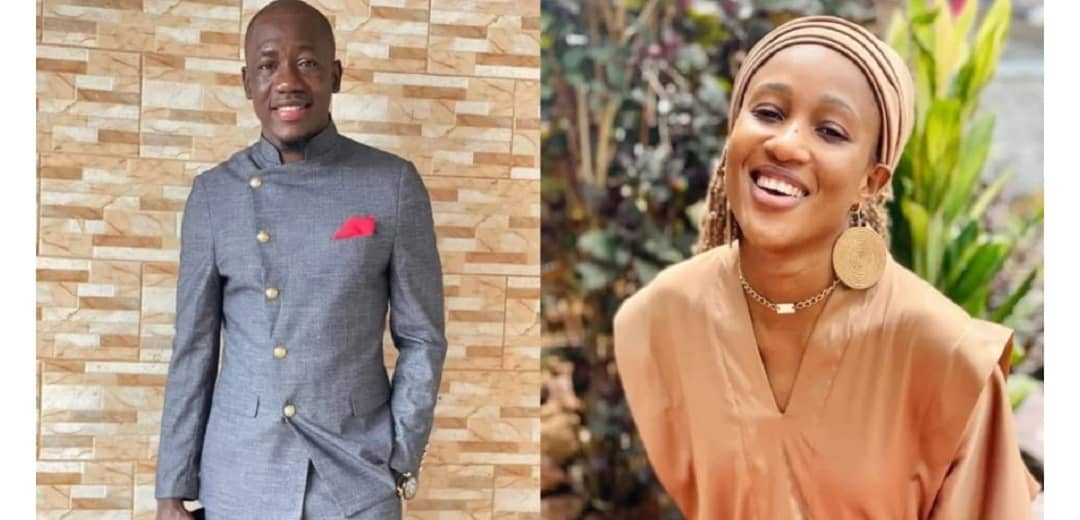By: Saidu Jalloh, Reporter D.S
In a landmark ruling, the Supreme Court of Sierra Leone has mandated that the murder case against Abdul Kpaka will proceed under a judge and jury trial, reversing a previous decision to have the case heard by a judge alone. This significant ruling follows a defense application that raised concerns about the fairness of the trial and the bail conditions imposed on the accused.
Lead prosecutor AJM Bockarie opposed the defense’s application, citing Section 144(2) of the Criminal Procedure Act of 1965. This provision allows non-capital cases to be tried solely by a judge if invoked by the Attorney General or with the accused’s consent. Bockarie argued that this legislative intent aims to streamline judicial processes for non-capital offenses while maintaining judicial independence.
Regarding bail, Bockarie emphasized the seriousness of the charges against Kpaka and the potential flight risk he posed, advocating for the continued denial of bail. Despite these arguments, the Supreme Court sided with the defense, ordering a trial by judge and jury. However, the court upheld the High Court’s earlier decision to deny bail, citing the severity of the allegations and associated risks.
Additionally, the Supreme Court has reassigned the case to a new judge, removing it from Justice Momoh Jah Stevens. Chief Justice Komba Kamanda will oversee the reassignment to ensure an impartial and efficient trial process. This development is particularly notable as ten witnesses had already testified before Justice Stevens in the ongoing trial, making the Supreme Court’s intervention a significant turn in one of the country’s high-profile legal cases.
Kpaka will now face a fresh trial while remaining in custody at the Pademba Road Male Prison. This ruling underscores the judiciary’s commitment to upholding fair trial standards in Sierra Leone.






